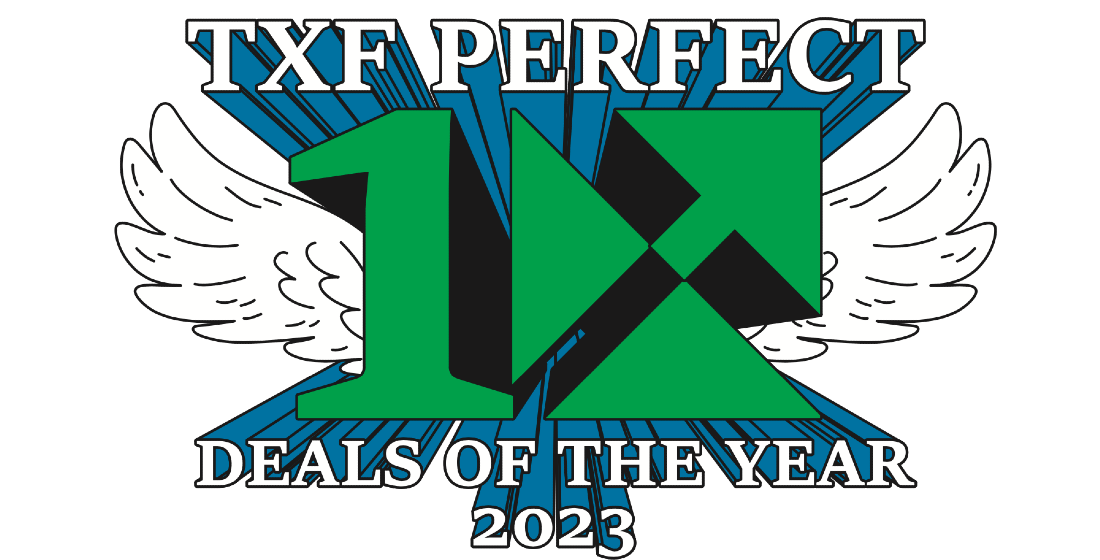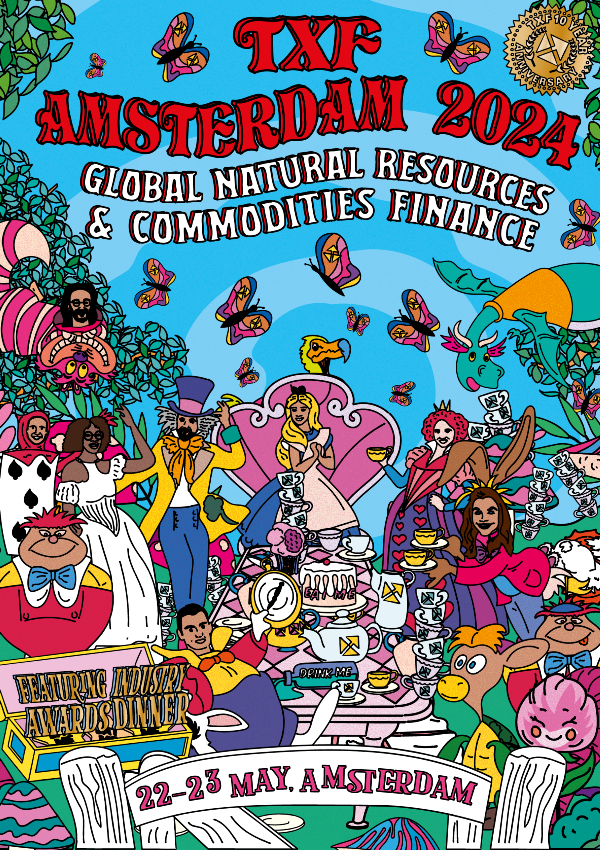A strengthened Prague Club
Did you hear the story about the Bulgarian, Botswanan and Belarussian who entered a restaurant in Muscat, Oman? No this isn’t the beginning of a joke, or a James Bond movie plot. Instead it is a scenario typical of a Prague Club meeting.

Did you hear the story about the Bulgarian, Botswanan and Belarussian who entered a restaurant in Muscat, Oman? No this isn’t the beginning of a joke, or a James Bond movie plot. Instead it is a scenario typical of a Prague Club meeting.
The Prague Club was first established by five newly-created export credit agencies from Central Europe. Its purpose was to help develop these export credit agencies through sharing the lessons and successes amongst enterprises which face similar challenges and opportunities by virtue of their smaller size and/or relative experience.
Now twenty-three years ‘young’, the five founding members remain along with a further 33 new and maturing export credit agencies, multilateral and private insurers from across Central and Eastern Europe, the Middle East and Africa, Central and Southeast Asia. The diversity of these institutions is represented amongst the four newest members: Russia’s EXIAR (joined 2012); Indonesia’s LPEI (joined 2015); Armenia’s EIAA (joined 2015) and Senegal’s SONAC (joined 2015).
Each of these four institutions have differing business models and product variations but they all share in the collective goal of exchanging information, experiences and best practices in the pursuit of facilitating international trade, often in support of SME exporting firms.
EIAA is also a successful example of the Prague Club’s openness and focus on supporting organisations as they proceed through their formal establishment and development stage. EIAA joined the Prague Club in 2013 as an “Observer” and several members cooperated with information sharing in support of EIAA’s product and policy development, and its formal establishment as the Armenian government’s mandated export credit agency.
The provision of short-term trade credit insurance is common across all Prague Club members, and the majority also provide medium to long term export credits as well as political risk investment insurance.
During 2015, the Prague Club members collectively insured $31 billion of exports, which is a steady increase over the last three years. This has occurred against the global backdrop of falling commodity prices (including oil) and geopolitical tensions, which have contributed to negative economic growth and weakening of local currencies. These events have significantly impacted on many of the Prague Club’s member economies, which provide a mix of new risks and business demand.
Many members’ countries are internationally assessed as being relatively higher risk markets, resulting in reduced risk appetite or capacity from external insurers. However the local export credit agencies and regional private and multilateral insurers often have a different perspective and approach to assessing and managing the risks, because they have a closer understanding of the local companies, political environment, and the culture and norms of doing business. It is this rich vein of local knowledge, networks and experience which is a core competency and strength of the Prague Club members.
A buyer’s access to credit as well as an exporter’s access to pre and post shipment financing are key drivers for facilitating trade throughout these regions, and the Prague Club members’ range of solutions are critical enablers for this trade, especially between SMEs. Although the reality for many Prague Club members is low awareness and utilisation of trade credit insurance within their domestic markets, which often do not have a well-developed private sector market for this insurance.
This provides opportunities for members, who are all focused on ways to increase the profile of their agency and educate companies about the benefits of trade credit insurance. For some members this includes factoring services, while others have developed innovations to their trade credit policies to improve their support of low volume and/or start-up SME exporters.
As an example, Croatia’s HBOR provides an export receivables insurance product specifically for micro entrepreneurs, family businesses and start-ups who have annual turnover less than $2 million. This programme has a streamlined administrative process and has resulted in increased utilization by small Croatian export businesses.
Prague Club members’ reporting show that over half of members are forecasting similar levels of premium for their short-term trade credit insurance for 2016 compared to 2015. Over a third of the remaining members project higher total premiums for this year, primarily due to higher demand. This trend reflects both success in building market awareness, combined with the increased risks and uncertainties as described above.
In regards to medium to long term export credits, half of those members that provide this product have experienced lower demand for it over the last 12 months. Although there are some notable exceptions, including Russia’s EXIAR which continues to steadily grow its export customer base and support increasing volumes of trade.
An important service is the payment of claims as they arise. Total claims paid during 2015 by Prague Club members was $284 million, which represented 25% and 8% increases for the short term and medium to long term export credits respectively.
The majority of members are forecasting their potential loss notifications to remain steady over the next six months, although the level of these notifications is higher, relative to 2014 and 2015.
The Government trade policies of many members, from New Zealand to Belarus, are focused on ways to diversify their country’s exporters, exports and their international markets. In turn, the members are looking at ways to develop their own new products beyond their core trade credit solutions.
The provision of pre-shipment working capital and bond insurance or guarantees are new and evolving solutions for several members, as they look to diversify their product range. Many members face challenges in negotiating satisfactory policy terms with their domestic banks, as well as obtaining risk sharing when supporting their exporting clients with these products. These are scenarios which the Prague Club members actively share experiences and solutions about, and which more established export credit agencies, operating in markets with banks who are already familiar about their partnering role and benefits, may not face.
For many of the reasons noted above, the Prague Club members can provide an example to other Berne Union members in regards to effective risk assessment and sustainable support of trade within the Eastern and Central Europe, Middle East, Central Asia and African regions. Many members can correlate an increase in the utilisation of trade credit insurance within their own domestic market from the date of their institution’s establishment. Their success in supporting their exporters can also, over time, validate their regional market and risks to a wider pool of insurers.
However opportunities for this information exchange is two-way, with several Prague Club members closely partnered with Berne Union members for technical support, new product development, reinsurance and formal cooperation arrangements.
With the formalisation of Prague Club’s integration as a fourth Committee of the Berne Union, the professional and personal relationships will only strengthen and the scenario described at the beginning may now extend to ”did you hear the story about the Latvian, Iranian, Korean and Canadian who entered a restaurant in Lisbon, Portugal?”
PC Committee Chair, Chris Chapman
NZECO New Zealand | Head of New Zealand Export Credit Office





